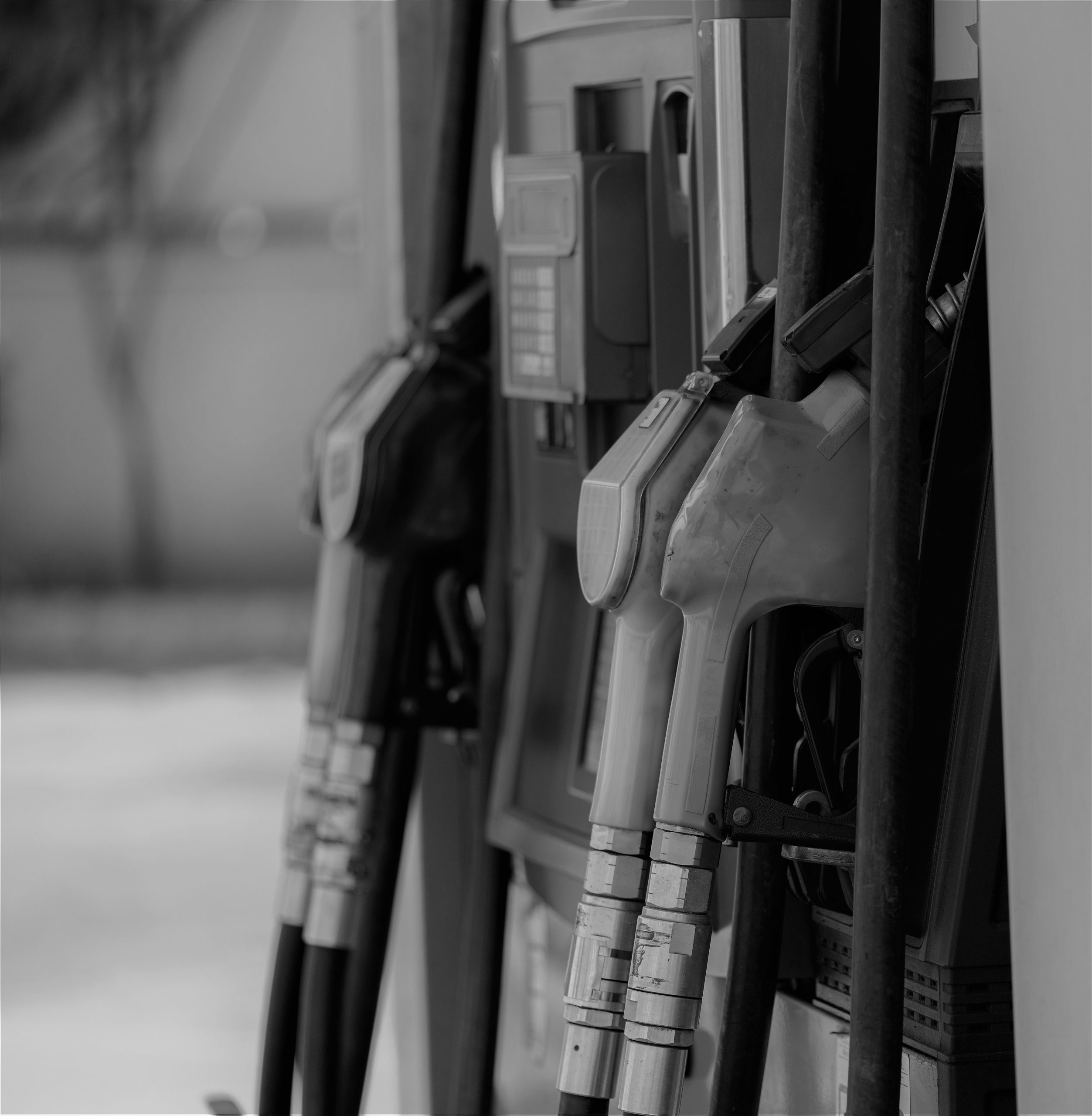When gas prices rose 150 percent from June 2020 to June 2023, politicians and the media didn’t hesitate to blame corporate greed. The evidence they offered was two-fold: rising prices and rising profits.
Yet over the past six months, gas prices have fallen 33 percent. Are politicians and media congratulating oil companies for displaying altruism? No. Market skeptics seem only to see prices through the eyes of greed. When prices go up, it must be greed on the part of the oil companies. And when they come down, it must be “market forces” that are outside the control of the oil companies. There’s a perverse symmetry here, because politicians hold themselves to the same lopsided standard, though in the other direction. To hear them tell it, falling prices are due to politicians’ sage governance, while rising prices are due to “market forces.”
Consider ExxonMobil, the fourth-largest oil company in the world and the largest US oil company. For the five years from 2010 through 2014, ExxonMobil’s after-tax profit averaged $9.1 billion per quarter. For the five years from 2015 through 2019, its profits fell more than 50 percent, to an average of $3.9 billion per quarter. Then came COVID. In 2020, ExxonMobil lost an average of $5.6 billion per quarter.
From 2015 to 2019, when the oil company’s profits were down by more than half, no politician thanked ExxonMobil for its generosity. And in 2020, when ExxonMobil lost a total of $22.4 billion, no politician pointed out the company’s utterly selfless magnanimity.
And politicians were right not to do so.
ExxonMobil was neither generous in the latter 2010s, nor magnanimous in 2020, it was simply responding to market forces. It was doing what we all do: paying the prices that markets dictate, and selling at prices that markets allow.
But then came the inflation of 2021, the war in Ukraine, and the absolute mess that was once our supply chain. Once again, market forces moved the prices that ExxonMobil paid for things it needed, and moved the price at which it could sell its product. The result: Exxon’s average quarterly profits for 2021 and 2022 rose to $9.8 billion. But unlike the decline in profits over the prior decade, somehow, this increase in profits was due to a character flaw at Exxon. Exxon was greedy.
We can’t have it both ways. If the prior decade’s decline in oil company profits wasn’t due to altruism, then the subsequent rise in profits wasn’t due to greed.
And seen in light of its massive losses in 2020, ExxonMobil’s profits in 2021 and 2022 aren’t that remarkable. The company’s average quarterly profit over the entire period, 2020 through 2022, was only 20 percent higher than from 2015 through 2019, and almost 50 percent lower than from 2009 through 2014.
Of course, few might shed tears over a 50-percent decline in profits that still leaves a company earning multi-billions of dollars of profit every ninety days. But the focus on the billions of dollars of profit ignores something extremely important. Tens of billions of dollars in profits don’t just fall out of the sky. They require that investors hand over hundreds of billions of dollars to pay for the equipment, technology, and research needed to pull oil out of the ground — and often out of a ground that’s thousands of feet under an ocean.
ExxonMobil uses $370 billion worth of assets to do what it does. Every penny of those assets represents either a loan, on which it must pay interest, or an equity investment, for which it must generate returns. From 2010 to the present, Exxon’s average quarterly profit of $6.1 billion represents less than a 7-percent return on its assets. Of late, a 7-percent return just barely compensates for inflation.
Politicians will argue that rising oil prices aren’t the result of free market forces, but of price gouging made possible by the fact that oil companies are monopolistic. If ExxonMobil is a company that (a) sells a necessity, (b) is monopolistic, and (c) is the fourth-largest company on the planet that does what it does, and the best it can do over the past two decades is to generate a 7-percent return on its assets, then perhaps our fear of monopolistic companies is overblown.
Rising gas prices are not a sign of oil company greed any more than falling prices are a sign of oil company altruism — or of consumer greed. Prices respond to conditions. Arguing that we need to “do” something about the prices is to mistake the effect for the cause.
High gas prices aren’t due to oil executives suddenly realizing that they can make more money by being greedy. High gas prices are due to wars, which are typically caused by governments. High gas prices are due to supply chain disruptions, the latest of which was caused by governments. High gas prices are due to inflation, which is often caused by governments printing money to pay for unaffordable spending.
But you won’t hear politicians looking for the actual cause of high gas prices. Instead, you’ll hear them trying to convince voters to place the blame anywhere other than where it belongs. Politicians don’t care whether oil companies are greedy, or altruistic, or neither. Politicians care about using oil companies as a smokescreen to hide from the voters’ wrath.
Originally published by the American Institute for Economic Research and reprinted here with permission.








